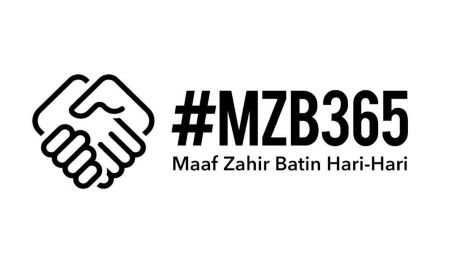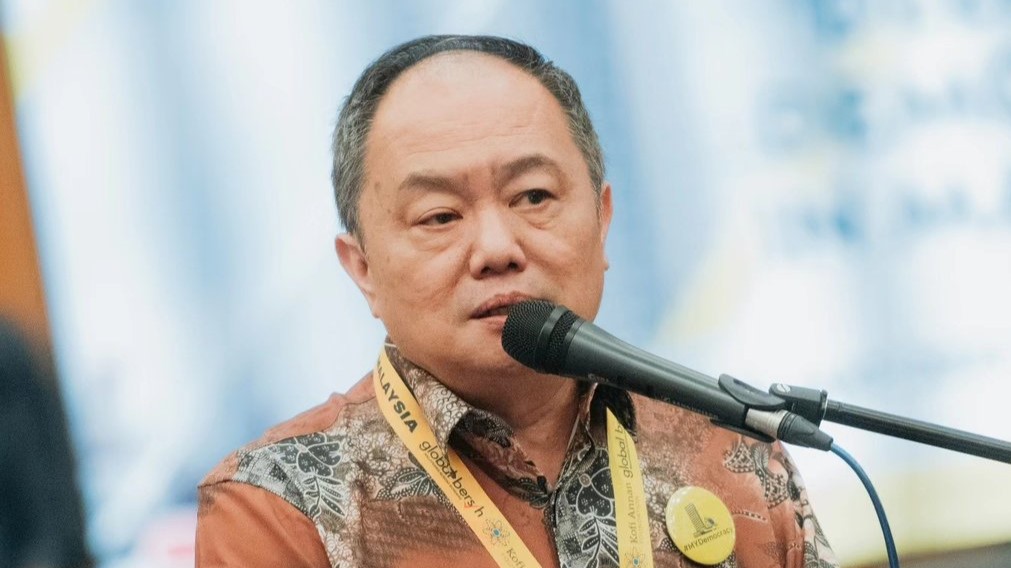SEEKING forgiveness or forgiving someone is seen as a sign of weakness and surrender by some, but it is probably the most powerful act that has not only healed relationships but saved entire nations.
It is the antidote to inevitable offences when humans interact with one another, especially in multicultural communities with strong religious identities.

Rwanda just commemorated the 30th anniversary of genocide of the minority Tutsi by the Hutu in 1994. In a period of 100 days, more than 800,000 Rwandans, mostly Tutsis, were massacred after it was alleged by hard-line Hutu politicians that the plane carrying then-president Juvénal Habyarimana, a Hutu, was shot down by the Tutsi rebels, killing him and all onboard. This sparked one of the most intense genocides in human history.
The root cause that led to the massacre was the colonial legacy where ethnic divisions were exacerbated and then perpetuated by local politicians after independence in order to gain political power.
The genocide ended when the Rwandan Patriotic Front, a rebel group led by the Tutsi, took control of the country and installed a Hutu as president and the rebel leader Paul Kagame as vice president.
The new government then began a process of national reconciliation that emphasised unity, forgiveness and healing.
One of the most significant reconciliation mechanisms was the Gacaca tribunal court system where perpetrators confessed their crimes and sought forgiveness. These courts aimed to promote truth-telling, accountability and reconciliation.
Rwandans faced the immense challenge of forgiving neighbors who had become murderers during the genocide. Communities engaged in dialogue, memorial ceremonies and collective healing.
They learned that their ethnic divisions were artificially imposed by their Belgian colonialists and exploited by their own politicians. The reconciliation process required a long-term commitment and a willingness to let go of hatred.
Today, Rwanda is a stable developing nation in a region where conflicts and instability are the norm. The focus of the country shifted from ethnic divisions to national identity and shared prosperity.
Apart from Rwanda, we have many other examples of nations that were torn apart by hatred and war, but for the moral courage of some leaders, would have disintegrated into failed states.
We think of South Africa after decades of the race-based apartheid system and the cruel injustices perpetrated against the black majority. The wounds and bitterness suffered would, in the eyes of many, justify the vengeance against the white minority.
The expected bloodbath fizzled out when the icon of apartheid injustice, Nelson Mandela, preached a message of national reconciliation, of unity and forgiveness. It saved a nation.
After World War II, both Germany and Japan went through a period of national healing and reconciliation that started with an acknowledgement of atrocities committed.
The forgiveness extended to them by their former battlefield enemies in the form of economic assistance had contributed to their healing and recovery as nations, and their present role as key members of developed nations.
Genocides, wars and civil wars are firestorms that flare up when the conditions of hate and anger are left unattended by the authorities and fanned by opportunistic politicians.
Some may think that Malaysia is far from such scenarios, but so was Rwanda 30 years ago until the plane crash that killed the then-president. It just takes a spark to ignite the fuse of an ethno-religious bomb.
Let us not slip into the cesspool of hate, strife and violence where we need a catastrophic event to wake us up. We need to cultivate a culture of graciousness towards each other where we are quick to seek forgiveness and extend forgiveness.
The #MZB365 campaign by civil society and media organisations aims to promote the spirit of the phrase “Maaf Zahir dan Batin” as a core national value to counter provocative narratives that seek to divide Malaysia’s multicultural society along ethno-religious lines.
It does not mean provocateurs can act with impunity or that interfaith and interparty dialogues should not be held. But we should also acknowledge that such direct actions have not doused the flames of anger and hatred so far.
The gracious act of extending forgiveness is a universal virtue embedded into all religions and shared by all cultures. It is indeed a Malaysian trait that has been sidelined for far too long but must be revived if we want to save this country.
I want to live in a country that is known for our graciousness to each other, compassionate to those who are less fortunate than us and merciful to those who have fallen.
Could all Malaysians of goodwill come together and make #MZB365 a national movement? Could we find ways to express this gracious act and spread its message? Let us celebrate our diversity as our strength and not rue it as a source of divisions.
For this Hari Raya Aidilfitri, let us say “Maaf Zahir dan Batin” with all sincerity and practise this gracious act of forgiving whenever we have the chance, all year round. – April 9, 2024
Thomas Fann is a member of Projek Sama, one of the civil society organisations participating in the #MZB365 campaign to fight hatred with grace

